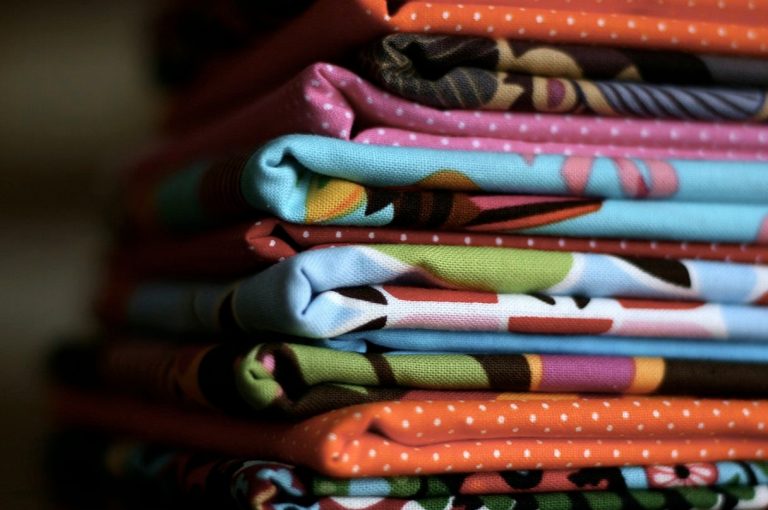Tencel fabric looks set to continue its dominance of the eco-clothing sector, according to the latest research carried out by Alexandra.
In a recent survey conducted by the healthcare workwear giant Alexandra, UK and Irish consumers were polled on their clothing purchasing habits. The survey asked them how much sustainability influences their buying decisions and what sustainability means to them. .
The results suggest Lenzing Tencel’s environmentally responsible closed-loop manufacturing processes are precisely what consumers want to see from brands. So the future for the company appears to be one of increased growth.
What do consumers think ‘sustainability’ means?
In the Alexandra ethical workwear survey, consumers appear to have a very high bar for what counts as ‘sustainable clothing’. These results could help to explain why Tencel is likely to continue to grow as a brand.
The consumers surveyed were asked ‘What do you think “sustainable clothing” means?’ and were instructed to choose from the following options:
-
Longer-lasting clothing
-
Clothing made with recycled materials
-
Fair labour practises
-
The clothes are 100% biodegradable
-
Fewer chemicals used in the manufacture
-
All of the above
‘All of the above’ was the clear preference of the consumers, with 50.2% choosing it. ‘Longer-lasting clothing’ and ‘Clothing made with recycled materials’ polled second (27.5%) and third (24.0%) respectively.
Such a high expectation from ‘sustainable clothing’ goes a long way to explain why Tencel fabric is the leading brand of eco-friendly material and is likely to continue to expand.
Tencel was created in the 1970s and has slowly expanded to have factories in Oceania, North America, Europe and Asia. This broad reach has allowed the company to keep up with worldwide demand and have the resources to improve its sustainable practices to incorporate every above factor.
The Lenzing Tencel company makes both Modal and Lyocell materials from naturally sourced fibres. These are made from the wood pulp of beech and eucalyptus trees grown in FSC certified sustainably managed forests.
During the Tencel production process, the fibres are created in a closed-loop system, meaning 98% of the water used in manufacture is recycled, and few chemicals are used in their creation. The products are also made to conform to stringent fair labour standards.
Tencel’s size means it can simultaneously hit every expectation consumers have for an eco-friendly material while keeping its on-shelf prices far lower than most direct competitors. So when consumers are looking for sustainable clothing products, odds are they’ll find what they’re looking for in Tencel.
Being able to hit so many customer demands in one product means consumers are unlikely to be left disappointed by Tencel. And given that the focus on sustainability is likely to continue to grow as countries have to tackle the climate and plastic crises, it’s no wonder Tencel looks set to be the material of the future

0 Comments